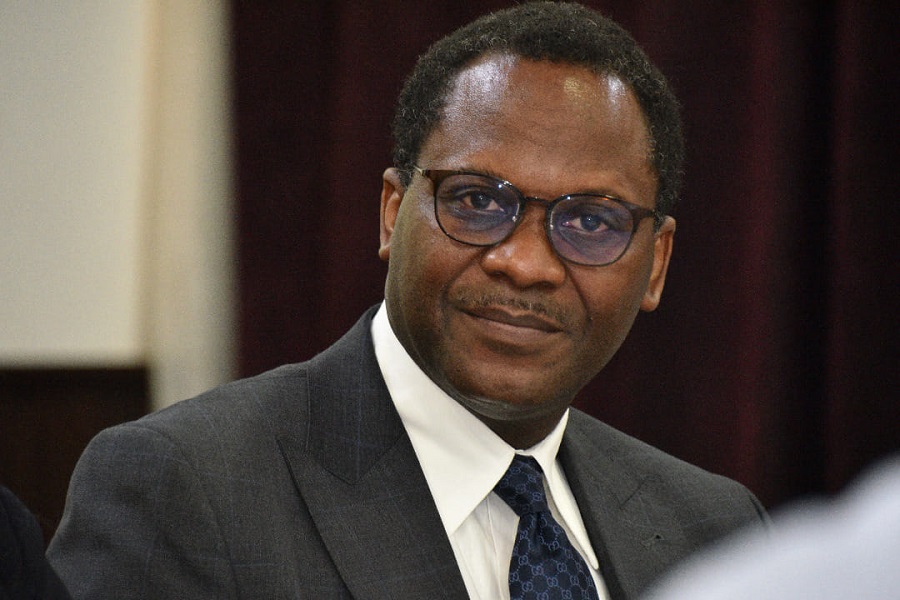The Federal Government has explained why its agencies are shutting down some illegal online banks as they intensify their enforcement drive on unlicensed online money lenders across the country.
This is coming some months after the government set up a joint committee to investigate rights violations and unfair practices in the money lending industry and subsequently shut them down.
The federal government said that these money lenders who were not registered with the Corporate Affairs Commission (CAC), were engaged in activities that were against the rights of Nigerian consumers.
This was made known by the Vice Chairman/Chief Executive Officer of the Federal Competition and Consumer Protection Commission (FCCPC), Mr. Babatunde Irukera, during an enforcement exercise on a moneylender company in Lagos.
- Irukera who led a team of operatives and men of the Nigeria Police Force on the enforcement exercise frowned at the naming and shaming violation of people’s privacy with respect to how these lenders recover loans.
- He said that the interest rate charged by these online financial institutions appears to violate the ethics of how lending is done.
- Going further, the FCCPC boss said that investigations had revealed that the loan firms were neither Nigerian companies nor registered in the country as most of these companies operate from the same place and are operated by the same person.
According to reports from Punch Newspaper, the list of online banks affected by the shutdown include the following GoCash, Okash, EasyCredit, Kashkash, Speedy Choice, Easy Moni.
Back in December, the Federal Competition and Consumer Protection Commission (FCCPC) has said that the joint committee that was set up by the Federal Government to tackle violation of consumer rights and unfair practices in the money lending industry will shut down illegal businesses at the commencement of its enforcement.
What the FCCPC CEO is saying
Irukera said that the commission got information about the online money lenders during the COVID-19 lockdown in 2020, which led to many of them coming into existence.
He said, “More so, because people were on lockdown due to the pandemic, people started needing small easy loans, which is understandable.
“However, over a period of time, people started complaining about the malpractice of the lenders. So, we started tracking it.
“The key two things that were subjects of concern were what seems to be naming and shaming, violation of people’s privacy with respect to how these lenders recover the loans.
“Secondly, the interest rate seems to be a violation of the ethics on how lending is done. So, those were the two things that we set out to look for.
“We started an investigation trying to determine the location of these people and that has been a very difficult thing.
“We did that for several months and so one of them has moved from one place to the other and we have been visiting this place for months.”
Irukera said the commission found out that most of the companies operate from the same place and actually by the same person, adding that such unlicensed online money lenders in Nigeria do not have addresses in the country and are not registered in Nigeria with the CAC nor have any license to do their businesses.
What you should know
- Recall that earlier in November 2021, the Federal Government moved to check some of the illegal, unwholesome , and unfair practices in the money lending industry with the setting up of a joint committee to address the situation.
- The committee that received over 500 electronic mails and information in respect of the investigation was expected to through their activities lead efforts to address multiple potentially dubious conducts of certain money lenders, otherwise known as loan sharks.
- The FCCPC had in December 2021, given a notice that the joint committee that was set up by the Federal Government to tackle violation of consumer rights and unfair practices in the money lending industry will shut down illegal businesses at the commencement of its enforcement.
- The joint committee is made up of representatives from FCCPC, the CBN, the Economic and Financial Crimes Commission (EFCC), National Information Technology Development Agency (NITDA), and the National Human Rights Commission (NHRC).
